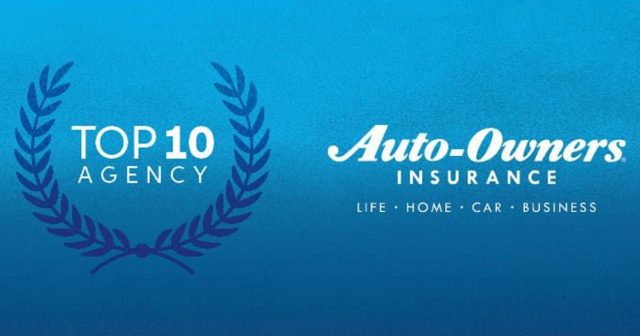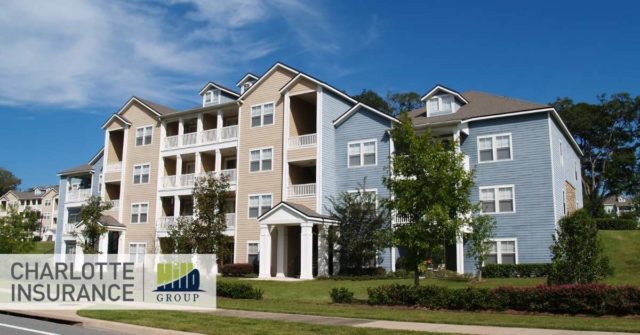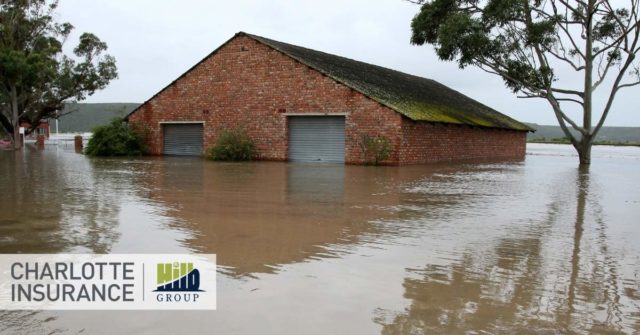As a business owner, you’ve likely heard many times how important general liability insurance is to your business. It’s the first and most important insurance policy you may ever purchase. But it’s important to know what it does and doesn’t cover, so you can make smart and strategic decisions for your business.
Here’s what you need to know.
What General Liability Insurance Covers
General liability insurance covers four main areas where a business may be found responsible (liable) for damages. It also covers costs associated with claims. Let’s break this down.
Bodily injury and property damage: The most commonly known and used form of general liability insurance, this is damage caused by your business or by an employee working on your business’s behalf. This includes slips, trips, and falls, lost property in the course of doing business with you, and damaged property while on business premises or doing business with you.
Advertising injury: A lesser known issue covered by general liability insurance, advertising injury occurs when your business defames another person or business within your advertising. Comparing yourself to a named competitor and saying untrue and negative things about them could fall under this liability coverage.
Copyright infringement: Any materials, content, graphics, and other creative work you use in ads or to market your business must be owned by you. If the content is owned by another person or business, you could be sued for copyright infringement.
Reputational harm: Whether you speak publicly or have your writing published, be careful how you speak about others. If you say or write something negative about a business or person that negatively impacts them, they may claim reputational harm.
These are the types of claims covered by most general liability insurance policies. Your coverage will pay the costs for property damage, medical expenses, administrative costs to handle the claims, and court costs, judgments, and settlements related to covered claims.
What General Liability Insurance Does Not Cover
General liability doesn’t cover many other instances of liability. In most cases, however, there is an additional business insurance coverage you can purchase. Without the correct policy, you’ll still be financially responsible for these events, but you’ll have to pay out of pocket.
Commercial auto accidents: Even though property damage and bodily injury may occur in a business-related auto accident, only a commercial auto insurance policy will cover this type of liability.
Employee injury and illnesses: Due to the nature of the work or the working conditions, your employees may be injured or fall ill while on the job. Only workers’ compensation insurance covers these expenses.
Professional errors: You’re hired for your expertise and skill, but mistakes happen. Some of those mistakes result in expensive errors. To cover the costs associated with these problems, you need errors & omissions coverage.
Illegal wrongdoing: An employee may steal credit card numbers or sell customers’ data. You’ll need employee theft coverage for these losses.
Business property damage: If your commercial property becomes damaged, general liability won’t help you — but commercial property coverage will.
Claims above your policy limit: No one ever sees the larger-than-life claim coming. This is the one that explodes beyond your insurance policy limits. With an umbrella policy, you can extend your policy limit to cover you when you need to file a liability claim — instead of paying out of pocket for the remaining amount.
Intentional damage: Getting angry and kicking or throwing something isn’t exactly professional behavior. It also works against you if that anger causes damage to a third party. Even though your general liability might cover the cost of a broken car window for a customer after an accident, it will never cover damage caused by intentional actions.
General liability insurance is the bare minimum your business needs to be protected from the accidents that are sure to happen. Knowing what it does and doesn’t cover will help you know what other kinds of liability cover your company needs. Contact Charlotte Insurance to learn about all of your business insurance options.






